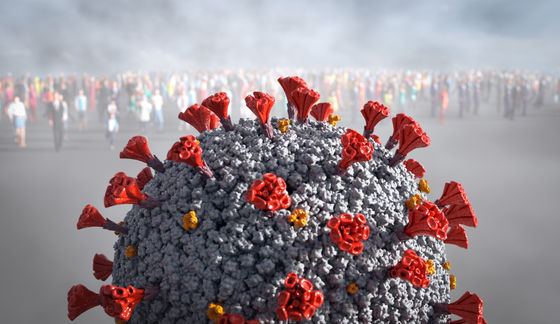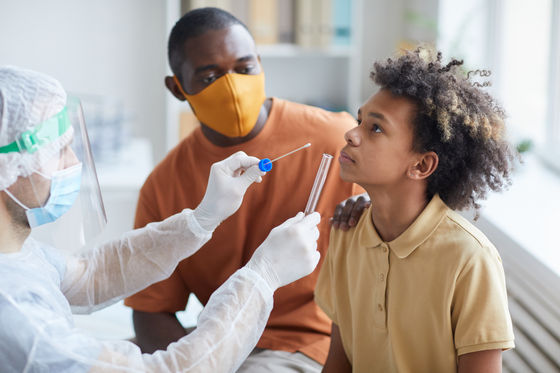Is the 'contact confirmation app' of the new Corona really useful?

In February 2021, the Ministry of Health, Labor and Welfare announced that the Android version of the Japanese contact confirmation app '
Contact-tracing apps help reduce COVID infections, data suggest
https://www.nature.com/articles/d41586-021-00451-y
As the pandemic of the new coronavirus infection (COVID-19) goes into full swing, contact verification apps are being used in many countries around the world. However, due to the need for privacy protection, the data of the contact confirmation app is highly anonymized, so it has been difficult to support 'Is the contact confirmation app really effective?'
However, data collected in some countries is beginning to show that the app is a public health tool that helps prevent the spread of infection. Victor von Will, an epidemiologist at the University of Zurich, who is verifying the SwissCovid contact confirmation app, told Nature that 'the data collected in the contact confirmation app research adopted the app. It is very helpful in deciding whether or not to do it. '

In fact, research has also been published showing the effectiveness of contact confirmation apps. On February 9, 2021, British researchers published a paper on the verification results of the contact confirmation app '
Luca Ferretti of Oxford University, a member of the research team, said, 'The UK contact verification app has been downloaded to more than 21 million devices and is continuously used by about 16.5 million people. This is the population. This is equivalent to 28% of mobile device owners and 49% of mobile device owners, 'he said, saying that the increasing popularity of contact confirmation apps in the United Kingdom contributes to the effectiveness of the apps. It was.
However, according to von Will, it is difficult to link that to controlling the spread of infection just because the app was used. 'Even if someone is notified of the exposure, it's not necessarily because of the app, because that person can be identified by regular contact follow-up,' said von Will. I will.
Data showing the effectiveness of the app have also been reported from regions other than the United Kingdom. A paper on the Spanish contact confirmation app
Some people find this result not very impressive, but von Will said, 'If you can prevent the spread even once, it is meaningful because it will prevent the subsequent spread of the infection.'
The strength of the contact confirmation app is that it is easier to confirm 'contact of non-living people' than a normal follow-up survey. According to Von Will, the time it takes for 'a person informed of contact with an infected person not living with SwissCovid' to be tested is compared to notifications from regular follow-up studies of similar cases. 'One day early'. A research team at Oxford University also said, 'The NHS COVID-19 notification has reduced the time it takes for a contact to be tested by a day or two.'

Research on contact verification apps also highlights the challenges of what factors hinder the effectiveness of apps. For example, in Switzerland, if the test is positive, the local health authority will issue a code and the user will enter it into SwissCovid. The manual code issuance and entry specification resulted in 'SwissCovid also dysfunctional when the infection exploded in Switzerland at the end of 2020 and the health authorities punctured.' ..
Similar cases have been reported in Spain. 'There are 17 autonomous regions in Spain, but not all states are promoting the use of Radar Covid, which is an infection,' said Lucas Lacasa of Queen Mary University, who led the verification of Radar Covid. It means that even if a person exposed to the service has installed the contact confirmation app, the notification may not be sent to that person, which is very disappointing. '
On the other hand, research is also attracting attention to find new ways to use contact confirmation apps. Joanna Mazell of the University of Arizona, Tucson, who is verifying the effectiveness of the contact confirmation app ' Covid Watch Arizona ' in Arizona, USA, 'is considering the ability to measure the risk according to the infectivity of COVID-19 patients. For example, the app can include data on whether a user has a variant of the new coronavirus (SARS-CoV-2). '
However, von Will said, 'Privacy concerns are growing, and if you try to collect more data, you risk losing more users,' he said. It is said that there are pros and cons among experts regarding the expansion.
Related Posts:
in Software, Smartphone, Posted by log1l_ks






